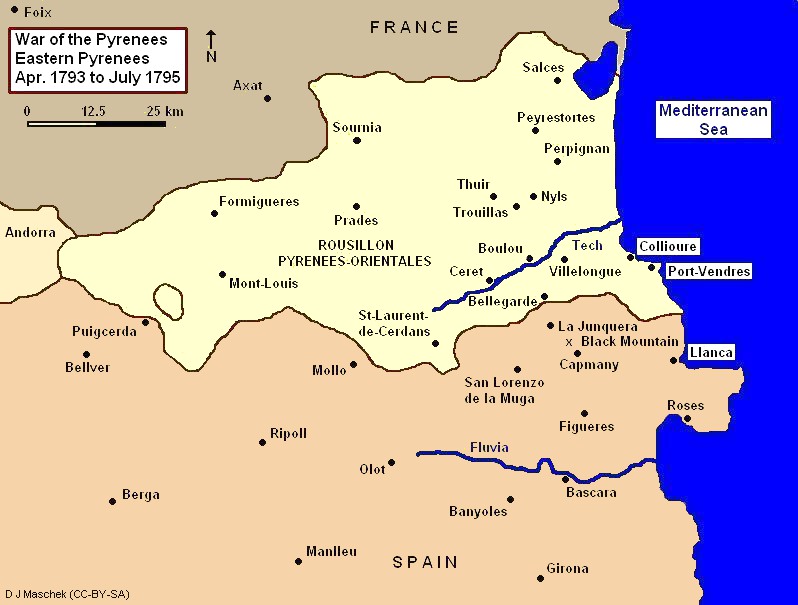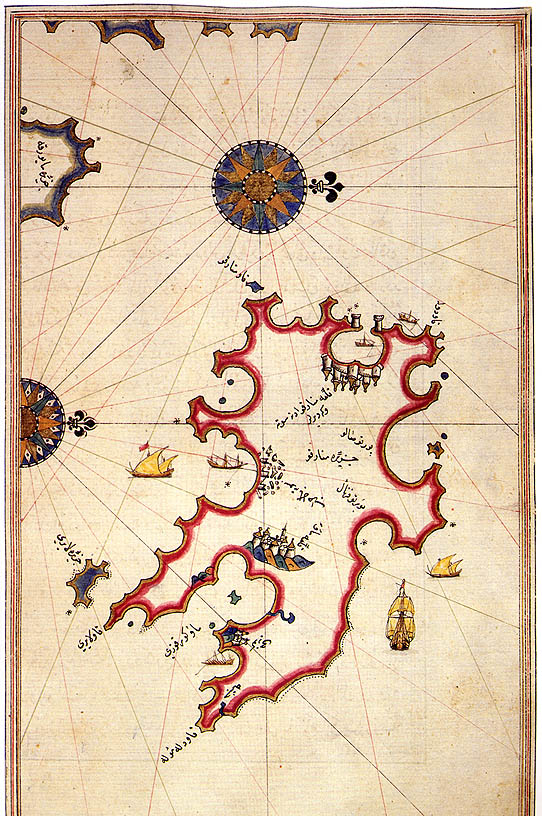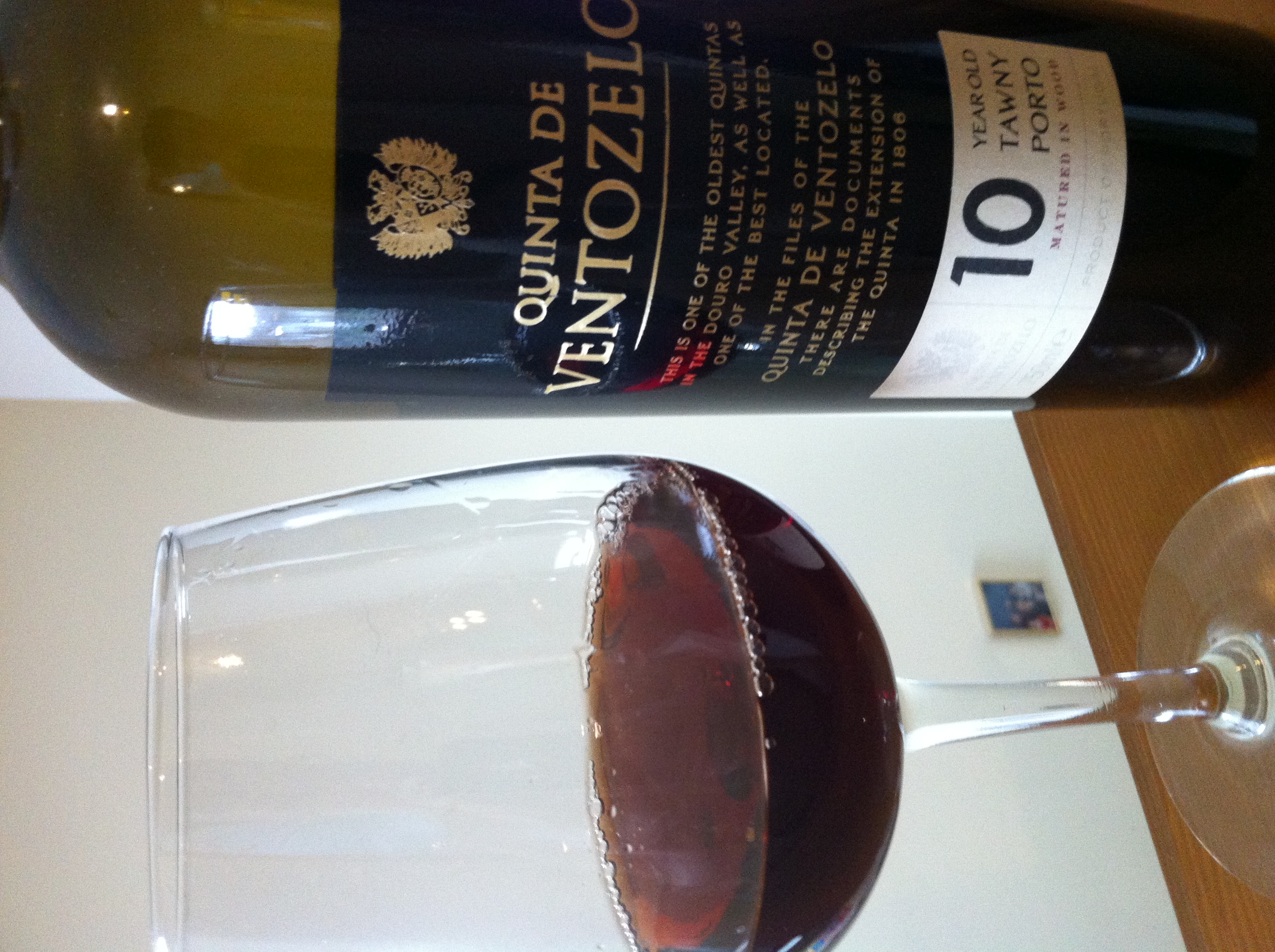|
Treaty Of Badajoz (1801)
The Treaty of Badajoz was signed by Spain and Portugal on 6 June 1801. Portugal ceded the border town of Olivenza to Spain and closed its ports to British military and commercial shipping. On the same day, Portugal signed a separate Treaty of Badajoz with France, which Napoleon, then First Consul of France, refused to sign. An amended version was agreed in September 1801, which is known as the Treaty of Madrid; France received large parts of Portuguese South America in what is now Brazil plus a payment of 20 million francs. Background For much of the 18th century, Spain and France were allies but after the execution of Louis XVI in 1793, it joined the War of the First Coalition against the French First Republic. After being defeated in the War of the Pyrenees, Spain left the Coalition and made peace with France by the 1795 Peace of Basel. Under Charles IV, government was controlled by Chief Minister Manuel Godoy, as the King spent most of his time hunting. Driven by Godoy, S ... [...More Info...] [...Related Items...] OR: [Wikipedia] [Google] [Baidu] |
ACCESS
Access may refer to: Companies and organizations * ACCESS (Australia), an Australian youth network * Access (credit card), a former credit card in the United Kingdom * Access Co., a Japanese software company * Access Healthcare, an Indian BPO services provider * Access International Advisors, a hedge fund * AirCraft Casualty Emotional Support Services * Arab Community Center for Economic and Social Services * Access, the Alphabet division containing Google Fiber * Access, the Southwest Ohio Regional Transit Authority's paratransit service Sailing * Access 2.3, a sailing keelboat * Access 303, a sailing keelboat * Access Liberty, a sailing keelboat Television * ''Access Hollywood'', formerly ''Access'', an American entertainment newsmagazine * ''Access'' (British TV programme), a British entertainment television programme * ''Access'' (Canadian TV series), a Canadian television series (1974–1982) * Access TV, a former Canadian educational television channel (1973–2011) ... [...More Info...] [...Related Items...] OR: [Wikipedia] [Google] [Baidu] |
War Of The Pyrenees
The War of the Pyrenees, also known as War of Roussillon or War of the Convention, was the Pyrenean front of the First Coalition's war against the First French Republic. It pitted Revolutionary France against the kingdoms of Spain and Portugal from March 1793 to July 1795 during the French Revolutionary Wars. The war was fought in the eastern and western Pyrenees, at the French port of Toulon, and at sea. In 1793, a Spanish army invaded Roussillon in the eastern Pyrenees and maintained itself on French soil through April 1794. The French army drove the Spanish army back into Catalonia and inflicted a serious defeat in November 1794. After February 1795, the war in the eastern Pyrenees became a stalemate. In the western Pyrenees, the French began to win in 1794. By 1795, the French army controlled a portion of northeast Spain. The war was brutal in at least two ways. The Committee of Public Safety decreed that all French royalist prisoners be executed. Also, French generals w ... [...More Info...] [...Related Items...] OR: [Wikipedia] [Google] [Baidu] |
War Of The Oranges
The War of the Oranges ( pt, Guerra das Laranjas; french: Guerre des Oranges; es, Guerra de las Naranjas) was a brief conflict in 1801 in which Spanish forces, instigated by the government of France, and ultimately supported by the French military, invaded Portugal. It was a precursor to the Peninsular Wars, resulting in the Treaty of Badajoz, the loss of Portuguese territory, in particular Olivenza, as well as ultimately setting the stage for the complete invasion of the Iberian Peninsula by French forces. Background In 1800, First Consul Bonaparte and his ally, the Spanish prime-minister and Generalissimo Manuel de Godoy, sent an ultimatum to Portugal, the last British ally on the continent, demanding that she break her alliance with Britain. Portugal refused to cede, and, in April 1801, French troops arrived in the country. They were bolstered by Spanish troops under the command of Manuel de Godoy. Godoy had, under his command, the Spanish Army of Extremadura, with fiv ... [...More Info...] [...Related Items...] OR: [Wikipedia] [Google] [Baidu] |
Captain-General
Captain general (and its literal equivalent in several languages) is a high military rank of general officer grade, and a gubernatorial title. History The term "Captain General" started to appear in the 14th century, with the meaning of Commander in Chief of an army (or fleet) in the field, probably the first usage of the term General in military settings. A popular term in the 16th and 17th centuries, but with various meanings depending on the country, it became less and less used in the 18th century, usually replaced with, simply, General or Field Marshal; and after the end of the Napoleonic Wars it had all but disappeared in most European countries, except Spain and former colonies. See also ''Feldhauptmann'' ("field captain"). Other ranks of general officer, as distinct from field officer, had the suffix "general"; e.g. major general, lieutenant general, brigadier general, colonel general. Republic of Venice In the Republic of Venice, it meant the commander in chief in war ... [...More Info...] [...Related Items...] OR: [Wikipedia] [Google] [Baidu] |
Anglo-French War (1778–1783)
The Anglo-French War, also known as the War of 1778 or the Bourbon War in Britain, was a military conflict fought between France and Great Britain, sometimes with their respective allies, between 1778 and 1783. As a consequence, Great Britain was forced to divert resources used to fight the American War of Independence (the rebellion by 13 British colonies in North America) to theatres in Europe, India and the West Indies, and to rely on what turned out to be the chimera of Loyalist support in its North American operations. From 1778 to 1783, with or without their allies, France and Britain fought over dominance in the English Channel, the Mediterranean, the Indian Ocean and the Caribbean. Within days of the news of Burgoyne's surrender reaching France, King Louis XVI decided to enter into negotiations with the Americans that resulted in a formal Franco-American alliance and the French entry into the war, moving the conflict onto a global stage. Spain did not enter into the war ... [...More Info...] [...Related Items...] OR: [Wikipedia] [Google] [Baidu] |
Menorca
Menorca or Minorca (from la, Insula Minor, , smaller island, later ''Minorica'') is one of the Balearic Islands located in the Mediterranean Sea belonging to Spain. Its name derives from its size, contrasting it with nearby Majorca. Its capital is Mahón ( ca, Maó), situated on the island's eastern end, although Menorca is not a province and forms a political union with the other islands in the archipelago. Ciutadella and Mahon are the main ports and largest towns. The port of Mahon is the second biggest natural port in the world. Menorca has a population of approximately 93,397 (at 1 January 2019). It is located 39°47' to 40°00'N, 3°52' to 4°24'E. Its highest point, called El Toro (from Catalan "''turó''" meaning ''hill''), is above sea level. History The island is known for its collection of megalithic stone monuments: ''navetes'', ''taules'' and ''talaiots'', which indicate very early prehistoric human activity. Some of the earliest culture on Menorca was ... [...More Info...] [...Related Items...] OR: [Wikipedia] [Google] [Baidu] |
Charles Stuart (British Army Officer, Born 1753)
Lieutenant-general Sir Charles Stuart, (January 1753–25 May 1801), was a British nobleman and soldier. The fourth son of John Stuart, 3rd Earl of Bute, and Mary Wortley Montagu, he was born in Kenwood House, London. There is a famous painting in the Tate Gallery, London, of him aged 10 stealing eggs and chicks from a bird's nest. He had several notable brothers and sisters, including John Stuart, 1st Marquess of Bute (1744–1814); The Most Rev. and Hon. William Stuart (1755–1822), a clergyman who became Archbishop of Armagh, and James Archibald Stuart (1747–1818), another soldier who raised the 92nd Foot in 1779. His sisters were Lady Louisa Stuart (1757–1851), a writer who died unmarried, Lady Mary Stuart (c. 1741–1824), who married James Lowther, later the 1st Earl of Lonsdale; Lady Anne Stuart (born c. 1745), who married Lord Warkworth, later the 2nd Duke of Northumberland; Lady Jane Stuart (c. 1748–1828), who married George Macartney, later t ... [...More Info...] [...Related Items...] OR: [Wikipedia] [Google] [Baidu] |
Port Wine
Port wine (also known as vinho do Porto, , or simply port) is a Portuguese fortified wine produced in the Douro Valley of northern Portugal. It is typically a sweet red wine, often served with dessert, although it also comes in dry, semi-dry, and white varieties. Other port-style fortified wines are produced outside Portugalin Argentina, Australia, Canada, France, India, South Africa, Spain, and the United Statesbut under the European Union Protected Designation of Origin guidelines, only wines from Portugal are allowed to be labelled "port". Region and production Port is produced from grapes grown and processed in the demarcated Douro region.Porter, Darwin & Danforth Price (2000) ''Frommer's Portugal'' 16th ed., p. 402. IDG Books Worldwide, Inc. The wine produced is then fortified by the addition of a neutral grape spirit known as aguardente to stop the fermentation, leaving residual sugar in the wine, and to boost the alcohol content. The fortification spirit is ... [...More Info...] [...Related Items...] OR: [Wikipedia] [Google] [Baidu] |
Royal Navy
The Royal Navy (RN) is the United Kingdom's naval warfare force. Although warships were used by English and Scottish kings from the early medieval period, the first major maritime engagements were fought in the Hundred Years' War against France. The modern Royal Navy traces its origins to the early 16th century; the oldest of the UK's armed services, it is consequently known as the Senior Service. From the middle decades of the 17th century, and through the 18th century, the Royal Navy vied with the Dutch Navy and later with the French Navy for maritime supremacy. From the mid 18th century, it was the world's most powerful navy until the Second World War. The Royal Navy played a key part in establishing and defending the British Empire, and four Imperial fortress colonies and a string of imperial bases and coaling stations secured the Royal Navy's ability to assert naval superiority globally. Owing to this historical prominence, it is common, even among non-Britons, to ref ... [...More Info...] [...Related Items...] OR: [Wikipedia] [Google] [Baidu] |
Continental System
The Continental Blockade (), or Continental System, was a large-scale embargo against British trade by Napoleon Bonaparte against the British Empire from 21 November 1806 until 11 April 1814, during the Napoleonic Wars. Napoleon issued the Berlin Decree on 21 November 1806 in response to the naval blockade of the French coasts enacted by the British government on 16 May 1806.Jean Tulard, ''Napoléon'', Hachette, 2008, p. 207 The embargo was applied intermittently, ending on 11 April 1814 after Napoleon's first abdication. Aside from subduing Britain, the blockade was also intended to establish French industrial and commercial hegemony in Europe. Within the French Empire, the newly acquired territories and client states were subordinate to France itself, as there was a unified market within France (no internal barriers or tariffs) while economic distortions were maintained on the borders of the new territories. The Berlin Decree forbade the import of British goods into any Europe ... [...More Info...] [...Related Items...] OR: [Wikipedia] [Google] [Baidu] |
Elvas E Muralhas
Elvas () is a Portuguese municipality, former episcopal city and frontier fortress of easternmost central Portugal, located in the district of Portalegre in Alentejo. It is situated about east of Lisbon, and about west of the Spanish fortress of Badajoz, by the Madrid- Badajoz-Lisbon railway. The municipality population was 23,078, in an area of . The city itself had a population of 16,640 . Elvas is among the finest examples of intensive usage of the ''trace italienne'' (star fort) in military architecture, and has been a World Heritage Site since 30June 2012. The inscribed site name is Garrison Border Town of Elvas and its Fortifications. History Elvas lies on a hill northwest of the Guadiana river. The Amoreira Aqueduct long supplies the city with pure water; it was begun early in the 15th century and completed in 1622. For some distance it includes four tiers of superimposed arches, with a total height of . It was wrested from the Moors by Afonso I of Portugal ... [...More Info...] [...Related Items...] OR: [Wikipedia] [Google] [Baidu] |
War Of The Second Coalition
The War of the Second Coalition (1798/9 – 1801/2, depending on periodisation) was the second war on revolutionary France by most of the European monarchies, led by Britain, Austria and Russia, and including the Ottoman Empire, Portugal, Naples and various German monarchies. Prussia did not join this coalition, and Spain supported France. The overall goal of Britain and Russia was to contain the expansion of the French Republic and restore the monarchy in France, whereas Austria, still weakened and in deep financial debt from the War of the First Coalition, primarily sought to recover its position and come out of the war stronger than it entered. Due in important part to this difference in strategy among the three major allied powers, the Second Coalition failed to overthrow the revolutionary regime, and French territorial gains since 1793 were confirmed. In the Franco–Austrian Treaty of Lunéville in February 1801, France held all its previous gains and obtained new land ... [...More Info...] [...Related Items...] OR: [Wikipedia] [Google] [Baidu] |







